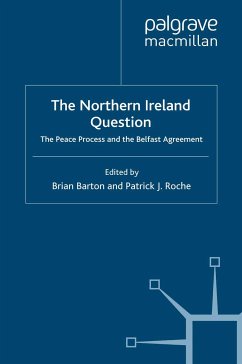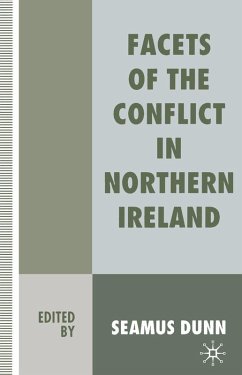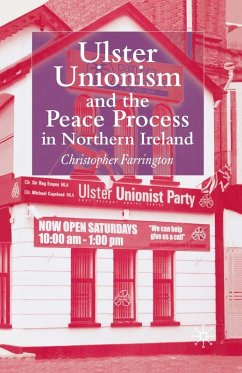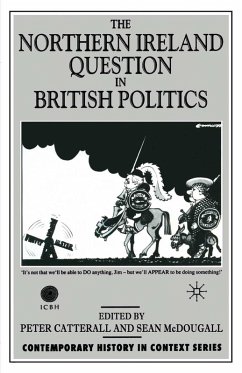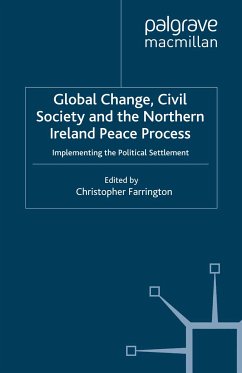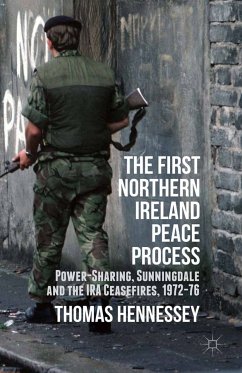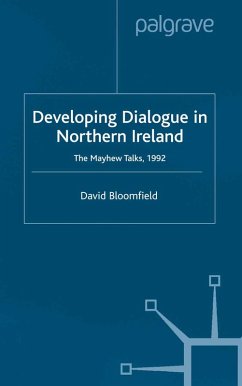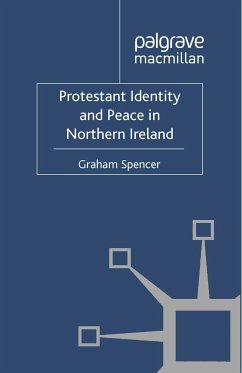Dieser Download kann aus rechtlichen Gründen nur mit Rechnungsadresse in A, B, BG, CY, CZ, D, DK, EW, E, FIN, F, GR, HR, H, IRL, I, LT, L, LR, M, NL, PL, P, R, S, SLO, SK ausgeliefert werden.
'This is a uniformly readable, challenging, and insightful collection of essays on the Northern Ireland Peace Process. It offers impressive intellectual range, authoritative scholarship, and incisive critical comment and analysis. It should be read and reflected upon by all students of Northern Ireland politics and, indeed, the Province's politicians themselves.' Graham Walker, Professor of Political History, Queen's University Belfast, UK
'This invaluable resource for future students of the Belfast Agreement and the social, political, economic and cultural circumstances that led to it, is worth acquiring for the sparkling contributions of Paul Bew (broadly supportive) and Dennis Kennedy (more than sceptical) alone.' - Dr Ruth Dudley Edwards, Historian and Commentator

